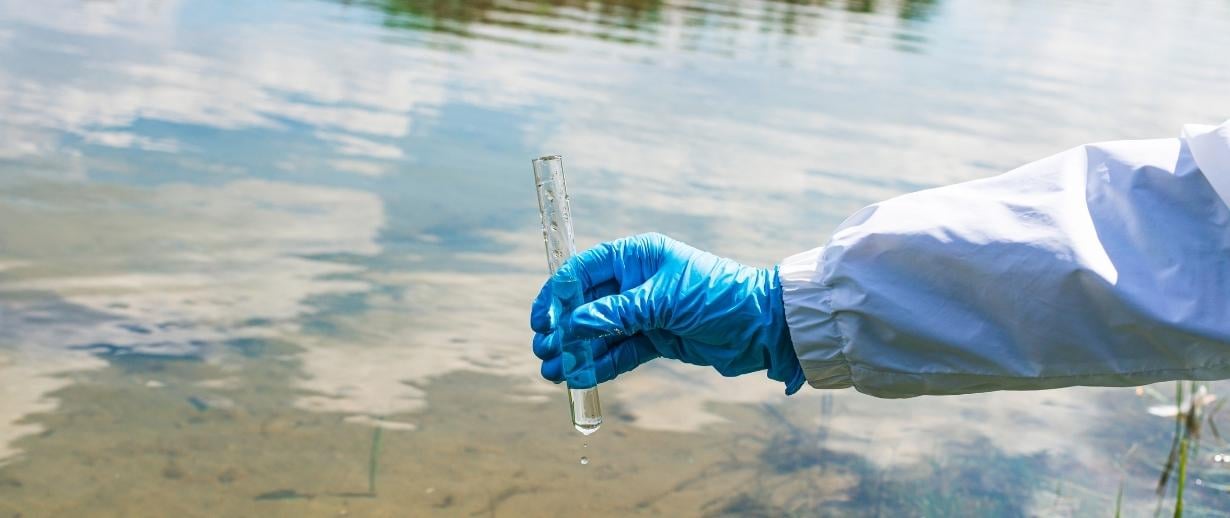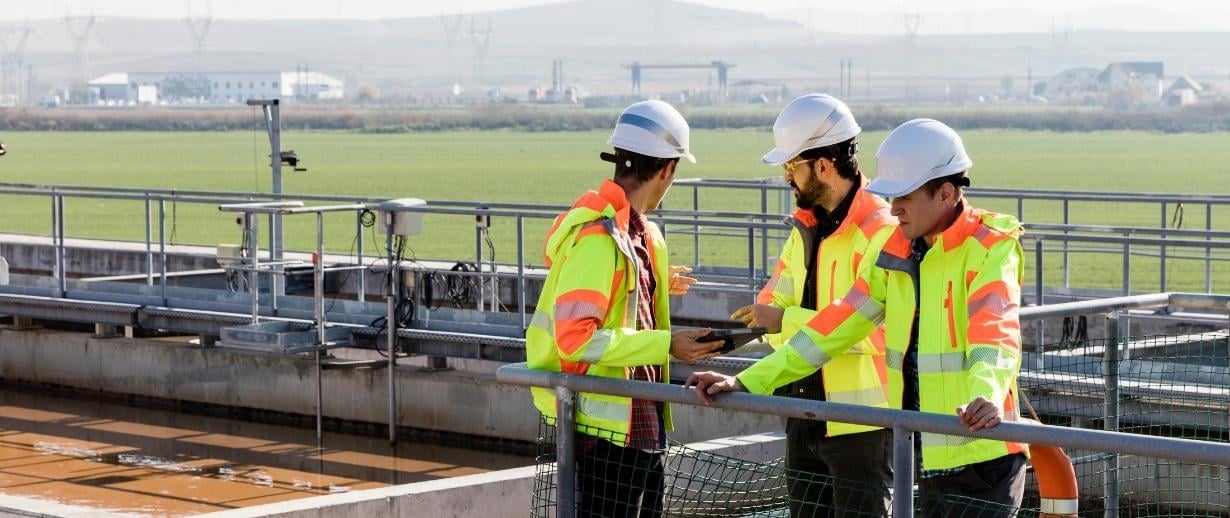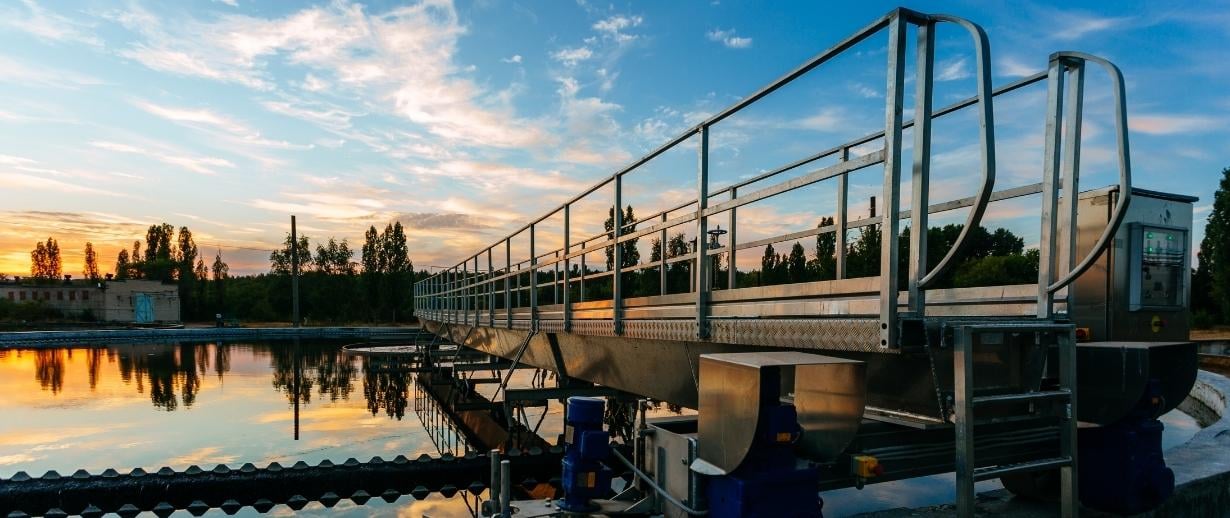For too long, wastewater has been a dirty word. Too many companies believe that nothing can be done with wastewater once it’s been processed and as a result, they are paying high sewer discharge costs.
Yet with pressures on our freshwater supply including exploitation, climate change and population growth, the UK faces droughts in the near future and ‘water crises’ represent a top global risk according to the World Economic Forum. UK companies must act now to tackle this challenge by evaluating their own water usage and use water more efficiently. Wastewater needs to be thought about differently and considered a useful, sustainable and valuable resource that can save water, energy and money. None of this is a quick win but the future benefits will be significant, so read on to find out how you can shift your thinking and get started.
Responsibilities and regulations

Water has followed a simple model to-date. Businesses have just paid for the amount of water they used or discharged. However, we’re now starting to see financial penalties coming into play for the excessive usage of water in order to try and manage demand. And it may not stop there. With the continuing need for water, and growing environmental concerns, we may see a future where supplies are cut off once limits are reached, which could have a debilitating effect on companies experiencing a temporary suspension of operations. Not only that, but it typically costs twice as much to discharge wastewater as it does to have an equivalent volume of mains water delivered. Talk to us about a comprehensive water audit and see the improvements you could be making.
Overcoming the fear factor

Part of the problem is the language we use. Wastewater often has negative connotations; it suggests that its own value has been extracted, that it might not be safe in industries such as food and beverage for example – and that it’s only suitable for discharge. However, it’s worth remembering that all mains water has been reused and recycled many times over, and sometimes all is needed is a change in mindset around wastewater use and re-use. In fact, reject water from the reverse osmosis system has a permeate quality that is often far better than mains water.
Reuse & recycle - a fresh perspective

By bringing a more informed perspective of wastewater treatment to your company and its decision-makers, you can be well-positioned to overcome any scepticism, and start making a truly positive change.
Not only will this help to reduce initial water consumption, it will also have a big impact on your company’s bottom line. Water recovery processes such as filtration, reverse osmosis and clarification are able to prevent hundreds of thousands of litres of wastewater from entering the sewage system, saving you money. In addition, cutting edge systems can also be installed to reduce water wastage, and improve time and cost efficiencies.
The difficult pill to swallow for many is that wastewater recovery and reuse does not always bring about immediate results. With a longer-term view, however, it can provide big improvements to a company’s finances and environmental impacts. Water exploitation is a challenge which is only going to become more critical in the years to come so the best time to make a change is right away.
Read more about wastewater, here.